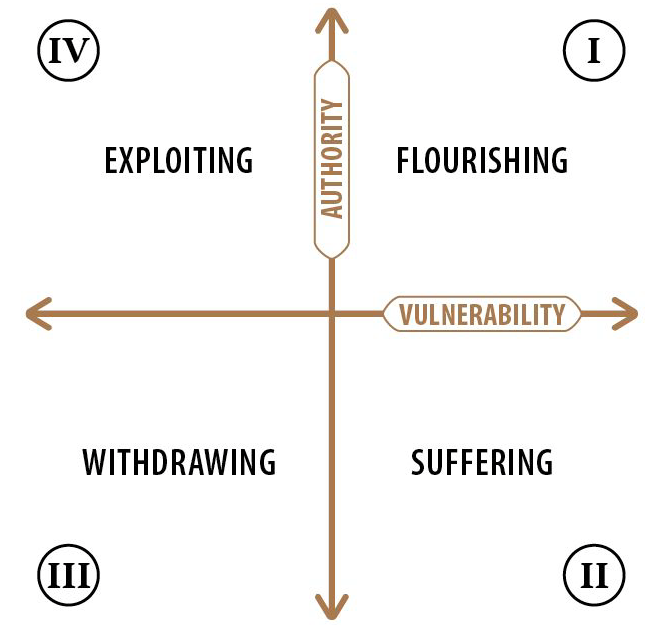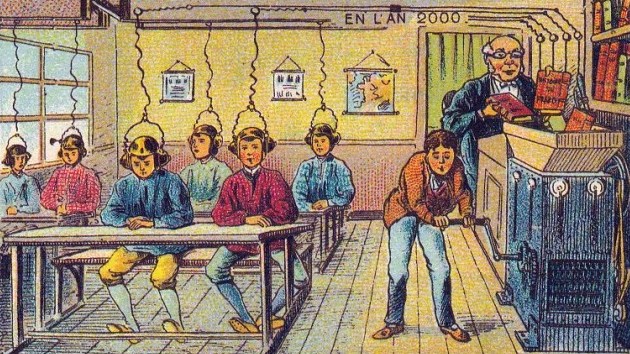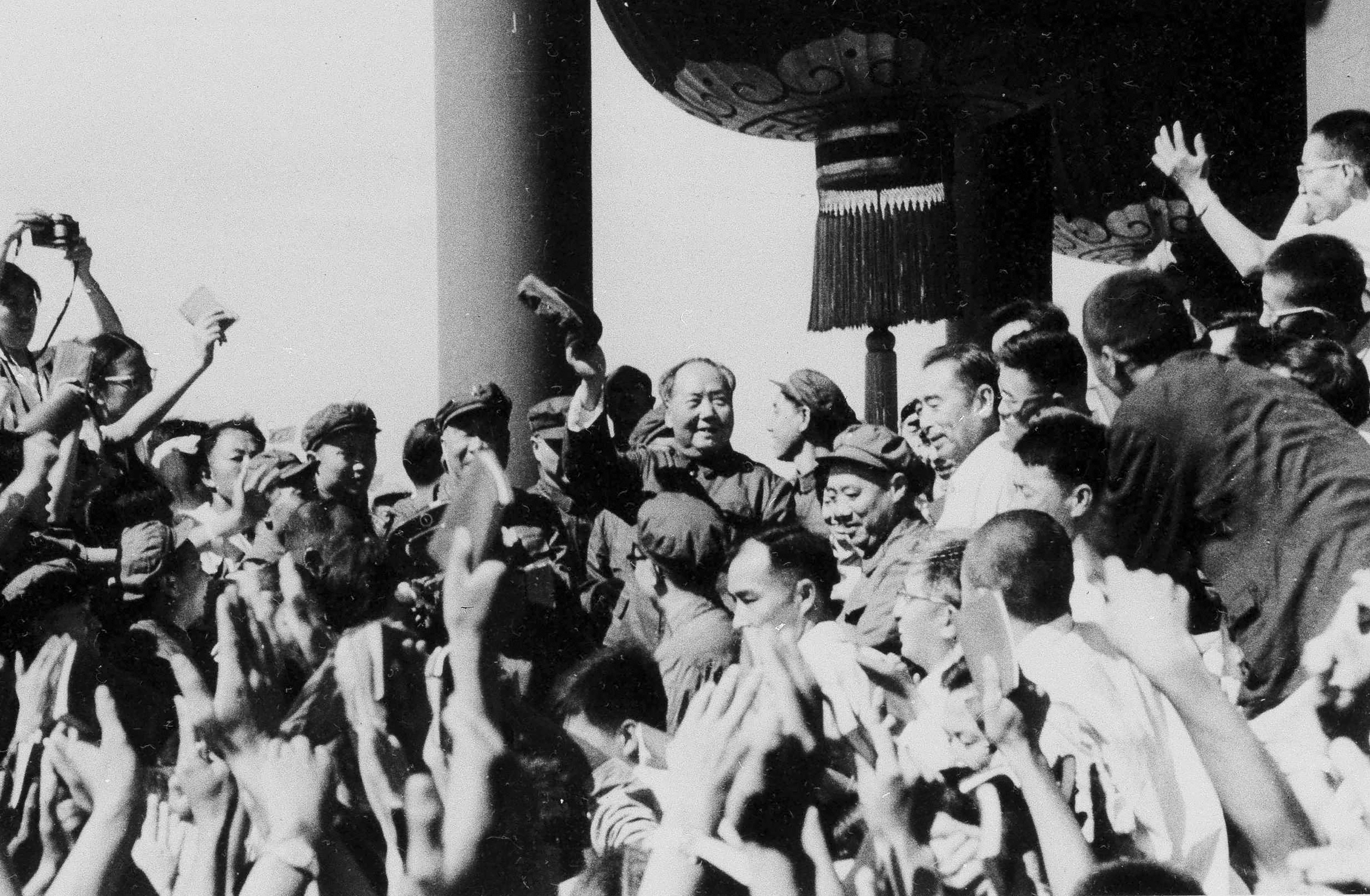October 26, 2016
October 25, 2016
Trump and Clinton are wrong: free trade helps the poor
October 21, 2016
The paradox of flourishing: Where authority and vulnerability meet
In our discussions about politics, society, and culture, the vocabulary of “human flourishing” has become increasingly popular, moving dangerously close to the status of blurry buzzword.
Yet at its best, the term captures the connective tissue between the material and the transcendent, the immediate and the eternal, pointing toward a holistic prosperity that accounts for the full complexity of the human person. Continue Reading...
October 18, 2016
Video: Benjamin Domenech on the rise of American populism
October 04, 2016
Against technocracy: Greg Forster on reviving the fight for educational freedom
“Our problem [with education] today is not to enforce conformity; it is rather that we are threatened with an excess of conformity. Our problem is to foster diversity.” –Milton Friedman, Capitalism & Freedom
The education reform movement has set forth a range of strategies to combat the leviathan of public education. Continue Reading...
May 24, 2016
5 facts about China’s Cultural Revolution
This month mark the fiftieth anniversary of the China’s Cultural Revolution. Here are five facts you should know about one of the darkest times in modern human history:
1. The Cultural Revolution — officially known as the Great Proletarian Cultural Revolution — was a social and political movement within China that attempted to eradicate all traces of traditional cultural elements and replace them with Mao Zedong Thought (or Maoism), a form of Marxist political theory based on the teachings of the Chinese political leader Mao Zedong, the Chinese communist revolutionary and founding father of the People’s Republic of China. Continue Reading...
May 18, 2016
As Venezuela Crumbles, Will America’s New ‘Socialists’ Pay Attention?
May 11, 2016
Understanding Trump: The Deal-Maker as Redistributionist
March 17, 2016
Audio: Joe Carter on Trump’s Folk Marxism
March 09, 2016
Working for Our Neighbor: A Lutheran Approach to Vocation and Economic Life
“If you are a manual laborer, you find that the Bible has been put into your workshop, into your hand, into your heart. It teaches and preaches how you should treat your neighbor.” Continue Reading...



